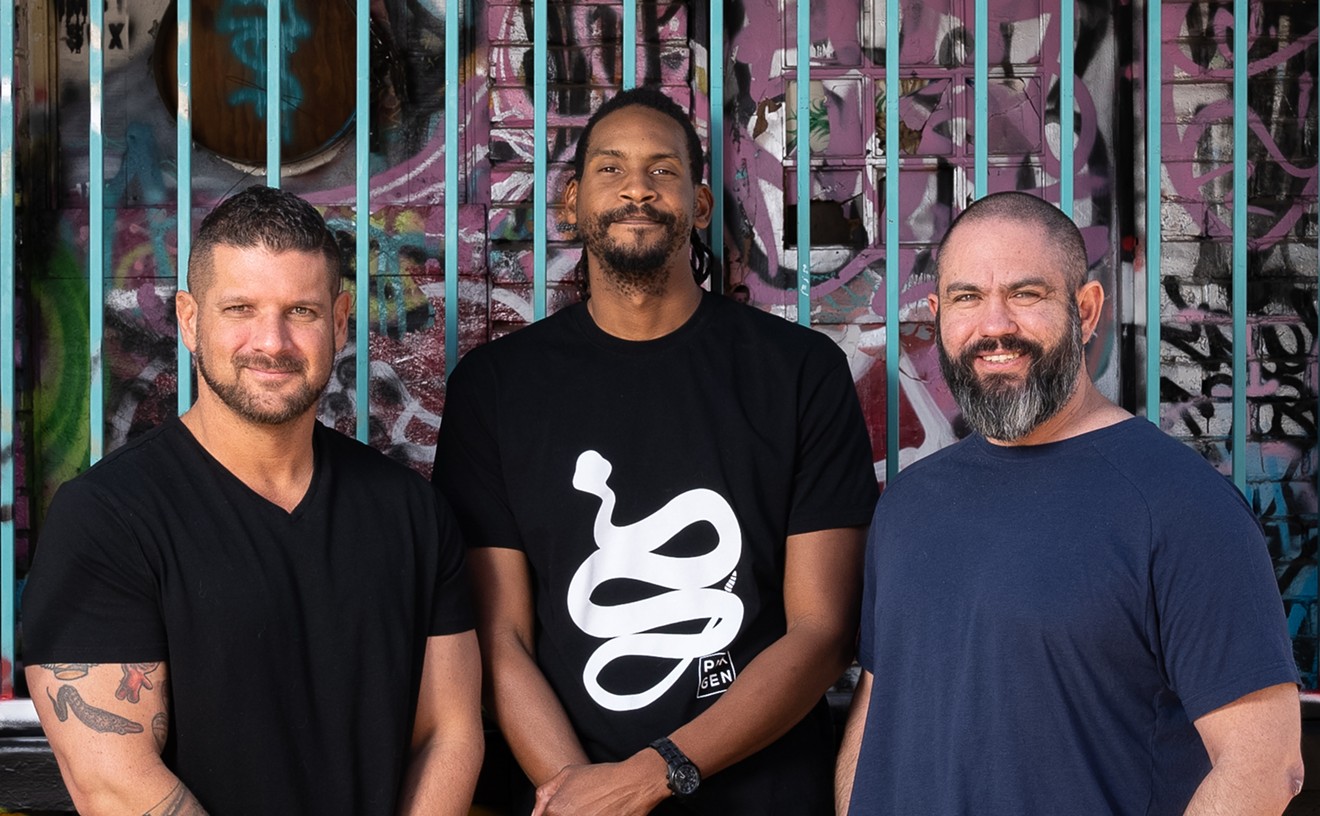Clueless rich guy Tom Perkins rightly became the laughingstock of the internet last year after comparing America’s “war on one-percenters” to the Nazi Kristallnacht. However detestably fatuous Perkins is in real life, it must be admitted he’d make a fascinating fictional character, perhaps in a Greek tragedy about a wealthy man so consumed by his feelings of being hated by his neighbors that he can hardly enjoy his fortune.
At its dramatically richest, The Riot Club comes close to that paradoxical knot. Oxford student Alistair Ryle (Sam Claflin) is the stuff of Occupiers’ nightmares — “I am sick to death of poor people,” he declares — but there’s also something sad and compelling about his delusion that he’s constantly judged for his family’s wealth, rather than merely envied. The scheming Alistair and the guileless Milo (Max Irons) become the newest members of the Riot Club, a secret society for boarding-school grads with the potential to become “total fucking legends” in the annals of debauchery. As daunting as the members will become once they graduate and promote each other into positions of power, the Rioters are almost a joke here, playing drinking games based on vocabulary knowledge while decked out in Downton Abbey formalwear and blundering their way through a transaction with a prostitute. (You’d think if these rich kids knew one thing, it’d be how to use money to get what they want.)
Perhaps most interesting to American viewers might be the Rioters’ contrast to their fraternity brethren here. Unlike the brawny racehorses we’re used to seeing on Greek row, Oxford’s one percent are scrawny, possibly inbred ponies who seem to take pride in their ponciness. But they’ve got entitlement coursing through their veins, so it’s only a matter of time before they take out their sexual frustration and Tory rage on a bystander with bad timing. Anytime an interloper enters the banquet hall where the all-male club members feast on their ten-bird repast — be it the patient pub owner (Gordon Brown), his beautiful daughter (Jessica Brown Findlay), the escort (Natalie Dormer), or Milo’s girlfriend Lauren (Holliday Grainger) — it feels like anything could happen, especially since the boys know that, whatever it is, their parents will help them get away with it.
Director Lone Scherfig’s stagings of these suspenseful set pieces are masterful, but the rest of the thriller is a fairly predictable manifesto against Britain’s de facto oligarchy. Laura Wade’s screenplay is muddled where it counts, as when it’s assessing how much blame to assign Milo, the Club’s one good-ish guy, for the night’s catastrophes, and loses interest in him entirely by the end. Lauren, the liberal mouthpiece, repeats standby criticisms about the misanthropic elitism and homoeroticism of such clubs. Ironically, the easy hatred of the rich that the film seems crafted to inspire is nowhere near as interesting as the Club’s mentality of self-preservation at all costs in a democratizing world, or its minute cataloging of social hierarchies. Shot like a functioning medieval village, Oxford University ends up the perfect backdrop for our new feudal lords, who eat until they’re sick, vomit when they’ve had too much to drink, then expect the rest of us to clean up the mess.










